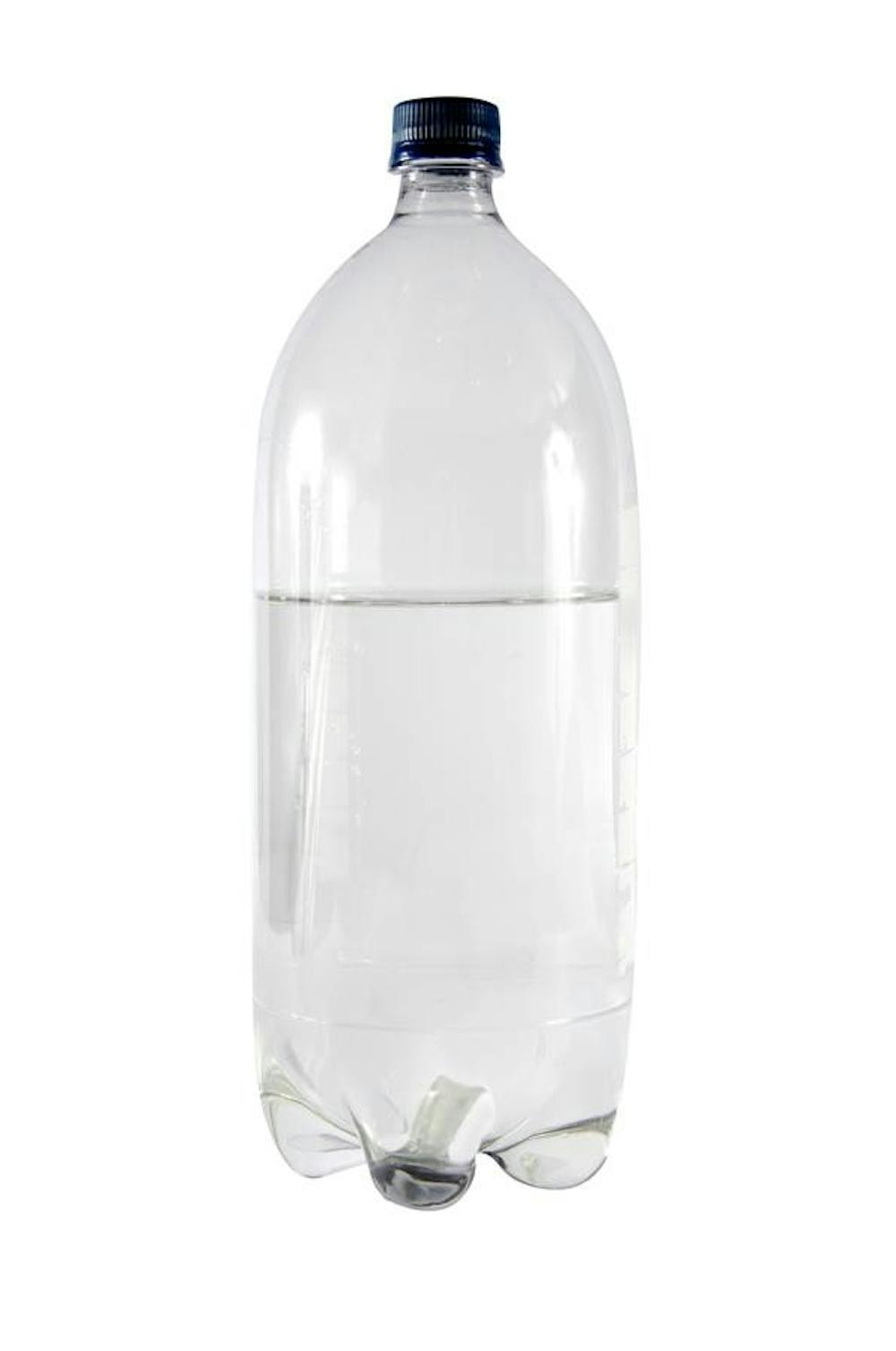What’s in sweat?
Here’s the basic breakdown:
Sodium: 0.9 gram/liter
Potassium: 0.2 gram/liter
Calcium: 0.015 gram/liter
Magnesium: 0.0013 gram/liter
However, there are subtle differences from person to person, so these amounts don’t apply to everyone.
Why do we sweat?
When our body overheats, like during exercise, our core body temperature increases. To offset this change, the body gets rid of internal heat by sweating.
How much do athletes sweat? Why do they sweat so much?
High performance athletes, like basketball players, can sweat at a surprising rate of one to one-and-a-half liters per hour. But when they immediately wipe off the sweat with a towel the sweat can’t really do its job.
“When sweating at this rate, it’s not effective,” Stager says. “The sweat must evaporate off the skin. If you wipe it off, it has no role in cooling the body. It must be on the surface of the skin to be effective.”
How much should we drink when working out to stay hydrated?
The American College of Sports Medicine recommends drinking about eight to 10 ounces of water every 15 minutes during your workout. But if you exercise for more than an hour, consider subbing water for a sports drink. After your workout, continue drinking water to replace any lost fluids. You can weigh yourself before and after you exercise to determine exactly how much water is lost while working out, Stager says.
Where do we sweat?
Sweat glands are located all over your body. Their density differs depending on race and gender, Stager says. The highest concentration of sweat glands are on the soles of your feet, palms, and scalp.
What about stress sweat versus exercise sweat?
Eccrine glands excrete the sweat we associate with exercising. This sweat doesn’t smell as bad as stress sweat, Stager says.
Apocrine glands emit the smelly sweat beginning at puberty and can be associated with pheromones.
“(Stress sweat) is an evolutionary signal that we don’t fully understand,” Stager says. “But it does signal alarm and acts as nonverbal communication when you are in danger.”
How does deodorant and antiperspirant work?
Deodorant contains alcohol that temporarily kills the bacteria under your arms, which causes the stink associated with sweating. They may also contain perfume fragrances or essential oils to mask the smell. Antiperspirants try to stop or reduce sweating, preventing the moist climate where bacteria thrive.
The typical person sweats between 0.8 and 1.4 liters per hour during exercise.
Sweatiest athlete
The highest recorded sweat rate for an athlete excercising is 3.7 liters per hour by marathon runner Alberto Salazar while practicing for the 1984 Summer Olympics. Our question is: Why was this being recorded in the first place?
Record sweat
The highest human sweat rate was measured on a resting body in a hot environment at 5 liters per hour.





